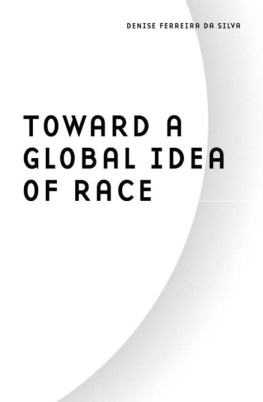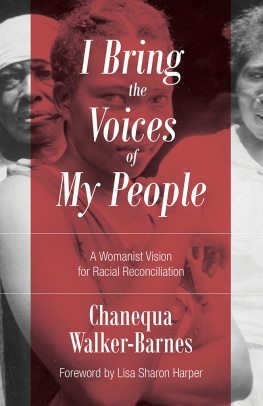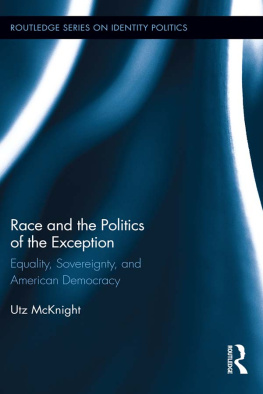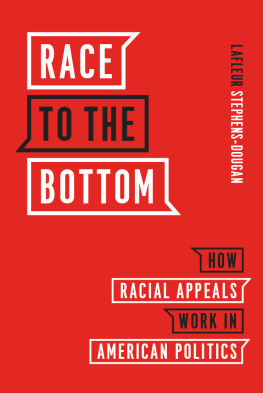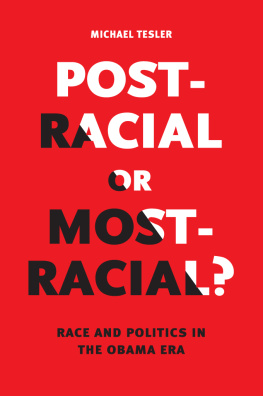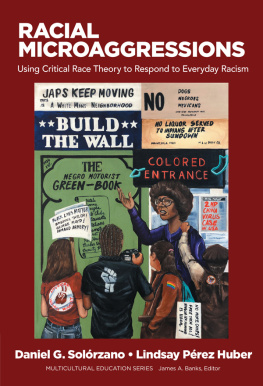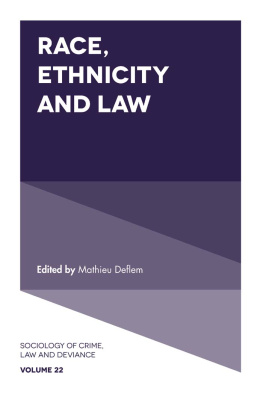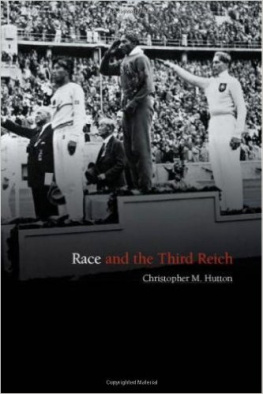David Campbell and Michael J. Shapiro, Series Editors
Volume 26 Matthew Sparke, In the Space of Theory: Postfoundational Geographies of the Nation-State
Volume 22 William A. Callahan, Contingent States: Greater China and Transnational Relations
Volume 21 Allaine Cerwonka, Native to the Nation: Disciplining Landscapes and Bodies in Australia
Volume 19 Cristina Rojas, Civilization and Violence: Regimes of Representation in Nineteenth-Century Colombia
Volume 18 Mathias Albert, David Jacobson, and Yosef Lapid, editors, Identities, Borders, Orders: Rethinking International Relations Theory
Volume 16 Jennifer Hyndman, Managing Displacement: Refugees and the Politics of Humanitarianism
Volume 15 Sankaran Krishna, Postcolonial Insecurities: India, Sri Lanka, and the Question of Nationhood
For more books in this series, see page vi.





Contents
vii
xi
xv
xvii
PART I
PART II
PART III
Volume 14 Jutta Weldes, Mark Laffey, Hugh Gusterson, and Raymond Duvall, editors, Cultures of Insecurity: States, Communities, and the Production of Danger
Volume 13 Francois Debrix, Re-Envisioning Peacekeeping: The United Nations and the Mobilization of Ideology
Volume 12 Jutta Weldes, Constructing National Interests: The United States and the Cuban Missile Crisis
Volume 11 Nevzat Soguk, States and Strangers: Refugees and Displacements of Statecraft
Volume 10 Kathy E. Ferguson and Phyllis Turnbull, Oh, Say, Can You See? The Semiotics of the Military in Hawaii
Volume 9 Iver B. Neumann, Uses of the Other: "The East" in European Identity Formation
Volume 8 Keith Krause and Michael C. Williams, editors, Critical Security Studies: Concepts and Cases
Volume 7 Costas M. Constantinou, On the Way to Diplomacy
Volume 6 Gear61d O Tuathail (Gerard Toal), Critical Geopolitics: The Politics of Writing Global Space
Volume 5 Roxanne Lynn Doty, Imperial Encounters: The Politics of Representation in North-South Relations
Volume 4 Thom Kuehls, Beyond Sovereign Territory: The Space of Ecopolitics
Volume 3 Siba N'Zatioula Grovogui, Sovereigns, Quasi Sovereigns, and Africans: Race and Self-Determination in International Law
Volume 2 Michael J. Shapiro and Hayward R. Alker, editors, Challenging Boundaries: Global Flows, Territorial Identities
Volume 1 William E. Connolly, The Ethos of Pluralization
Acknowledgments
I have been very fortunate in receiving support as I wrote this book.
I would not have completed the research and the writing of this book without financial and institutional support. The Ford Foundation (through the LASPAU Afro-Brazilian Studies Doctoral Scholarship), the University of Pittsburgh (through the Minority Fellowship Program and the Andrew Mellon Predoctoral Fellowship), and Hartwick College (through the James Jimeson Teaching Fellowship Program) provided the necessary resources for preparing this work as a dissertation. The University of California-San Diego's Faculty Career Development Program, the University of California Humanities Research Institute, and the Ford Foundation (through the Researchin-Residence Group "Re-Shaping the Americas") provided the necessary financial and institutional conditions for turning the dissertation into a book. The Department of African and African-American Studies of Yale University provided access to much-needed secondary and primary materials housed at the Beinecke Library.
Throughout these several years, many people provided invaluable intellectual, institutional, and personal support: Asale Ajani, Pal Alhuwalia, Adrienne Andrews, George R. Andrews, Doug Armato, Ayegul Baykan, Patrick Bellegarde-Smith, Vera Benedito, Lauren Berlant, Kim Butler, Lisa Cacho, Hazel Cathy, Drucilla Cornell, David Covin, Rod Ferguson, John French, Peter Fry, Rosemary George, Jon Goldberg-Hiller, Ted Gordon, Susan Gotsch, Greg Grandin, James Green, Charlie Hale, Michael Hanchard, Angela Harris, Burkhart Holzner, Lisa Iglesias, May Joseph, Grace Kim, Nicole King, Vera Kutzinsky, David Lehman, Lisa Lowe, John Markoff, John Marquez, John Marx, Renisa Mawani, Michael Mitchel, Margareth Montoya, Stewart Motha, Athena Mutua, Mieko Nishida, Kate O'Donnell, Colin Perrin, Keisha-Khan Perry, Josh Price, Seth Racusen, Andrew Stein, Mick Taussig, Adam Thurschwell, Frank Valdez, Joao Vargas, Robert Westley, Tiffany Willoughby-Herard, Lisa Yoneyama, Iris Marion Young, and Abebe Zegeye. I thank Avery Gordon, Ray Allen, and Carrie Mullen for their faith in this project from the very beginning; David Campbell for supporting this project; David Theo Goldberg for pushing me to write the book I could; and Doug Armato for taking the risk to publish it.
My work is a bit less than, a bit more than, and the sum of everything I have learned from my teachers. I thank Roland Robertson for subtle and generous intellectual guidance, trust, and friendship, and Carlos Hasenbalg and Yvonne Maggie for everything and forever. My work has also (in no small measure) been affected by the rare intellectuals I have met along the way: I acknowledge Cedric Robinson for his radical intellect and generous spirit, Sherene Razack for a sharp intellect in the service of social justice, Peter Fitzpatrick for a cutting-edge intellectual craft dedicated to pressing political questions, Mike Shapiro for his truly revolutionary intellectual drive, and Tayyab Mahmud for his friendship, support, and passionate commitment to the collective project of global justice. Without Tayyab and Mike, this book would never have been.
At the University of California-San Diego, I have had the privilege to encounter an amazing staff and student body. I acknowledge the Ethnic Studies Department staff-Jackie, Patty, Juanita, Noe, Theresa, Bill, and Yolanda-for helping me navigate institutional waters. Very special thanks to our undergraduate and graduate students (especially Theo, Jore, Nga Miget, Cecilia, and Madel) who daily remind me of the ethical and political stakes of any intellectual enterprise. I thank Julie Hua, Neda Atanaso, Emily Cheng, and Jinah Kim for reading and commenting on early versions of the manuscript. My colleagues at UCSD have made this an exciting intellectual space, both in Ethnic Studies and beyond. Very special thanks to Liza Park and David Pellow for their principled support, to Ross Frank for generously reorienting me when I felt lost in the institutional maze, to Jane Rhodes for her wise words and gentle soul, to Charles Briggs for home fires and intellectual nourishment, and to Yen Le Espiritu for holding my heart as she reminded me of the reasons why we do this work.

